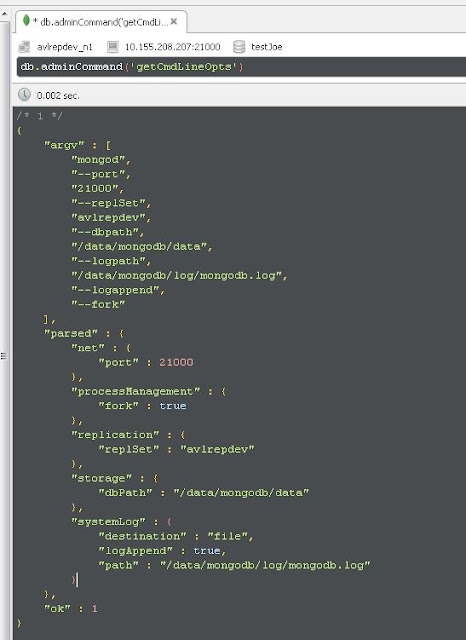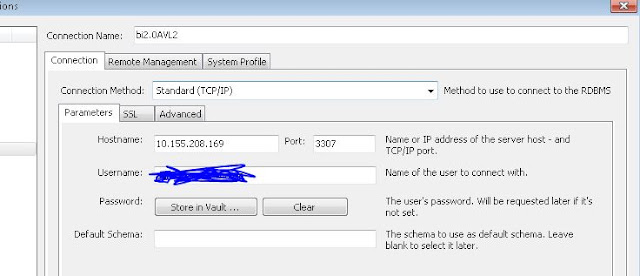MongoDB tip: MongoDB 3.4, adding replica set members, issue/resolution
In this post I am working with mongodb 3.4.6 on Redhat 7.x This was supposed to be a super straight forward exercise for me as I had done it a few times in the past and I'd never really encountered any issue until today. I started the mongod service as such, and I verified the process is running Note: every node in this exercise started the same way, same data mount, log mount, same port, etc. [root@msdlva-dsnopm02 apps]# mongod --port 30000 --dbpath /apps/data --logpath /apps/log/appDBlog.log & [root@msdlva-dsnopm02 apps]# ps -ef | grep mongod root 12854 23282 6 08:31 pts/0 00:00:00 mongod --port 30000 --dbpath /apps/data --logpath /apps/log/appDBlog.log root 12880 23282 0 08:32 pts/0 00:00:00 grep --color=auto mongod Then I logged into this node by issuing and started working on adding replica set member [root@msdlva-dsnopm02 apps]# mongo --port 30000 MongoDB shell version v3.4.6 connecting to: mongodb://127.0.0.1:30000/ MongoDB server version: 3.



